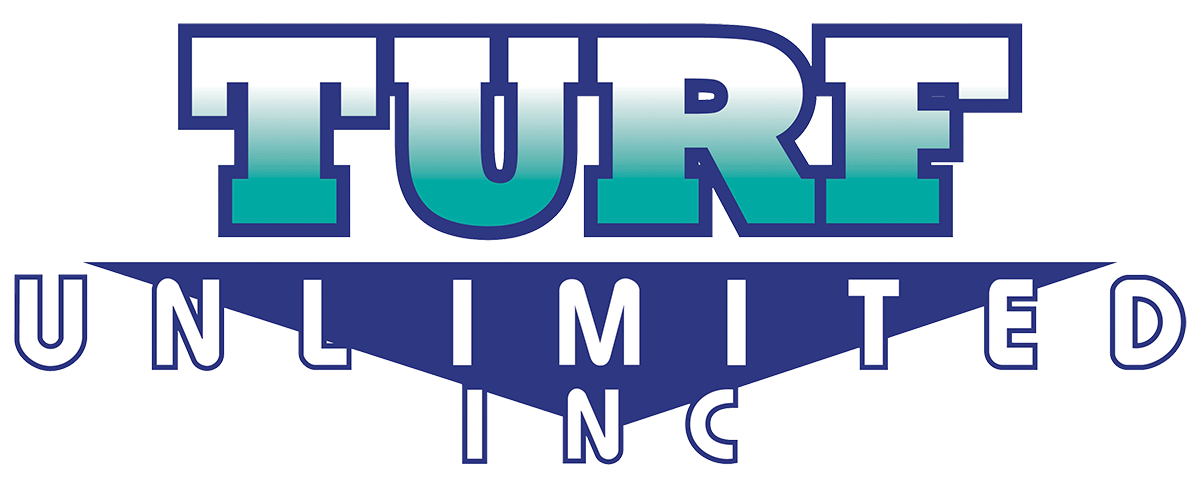Wild animals live in the wild — one should never be living inside of your home! If you find that you constantly have wild animals sneaking into your home (or you’re constantly finding them right outside of your house), it’s time to practice some prevention methods. Otherwise, you better be okay with having some new house guests…
1. Close Any Openings
The exterior of your home has many gaps and holes that could be the perfect entryway for pests to enter. The opening of the chimney, exhaust vents, attic ventilation, and any area where plumbing or electrical is being fed into the home all have openings that need to be covered. Utilize screens or pieces of metal mesh to cover the opening, but allow any necessary air to flow through. Otherwise, you’ll be seeing squirrels, birds, and a wide array of insects inside of your home in the near future.
2. Keep the Garbage Sealed
When you take garbage bags out of your home (hopefully you’re using scented bags), make sure all bags land in the garbage bin you keep outside. Do not place any bags next to or near the bin — if you have too much, wait until the morning of collection to do this. You should also make sure the lid of this garbage bin is properly sealed. The last thing you want is for a racoon or squirrel to rip open the bag, sending garbage flying and attracting even more pests.
3. Make Sure the Yard is Clear
When your yard is a mess, expect to have pest problems. First, make sure all leave piles and debris are removed from your lawn (even if it has already snowed — just wait for it to melt). Insects and small animals can use this accumulation of debris as shelter. You should also be concerned with the location of your firewood stack. Not only will insects and rodents use this as their shelter, but termites can feed off of this damp wood. Keep all firewood at least 20 feet away from your house.
Wild animals need to be in one place and one place only — outside of your home! If you have a wild animal or pest infestation of any kind, make sure to give us a call and we’ll come to inspect the problem.

